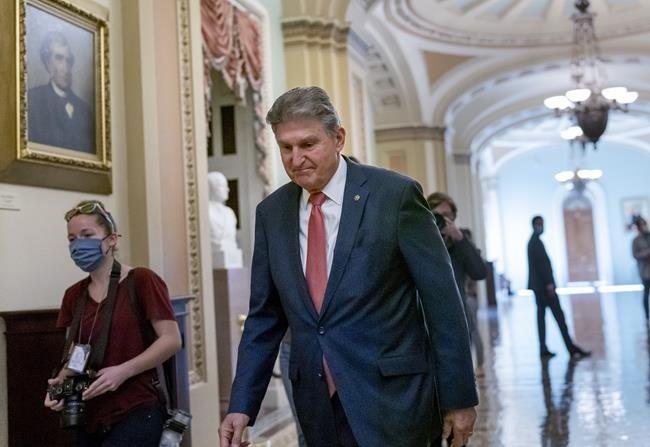Sen. Joe Manchin (D-W.Va.) told reporters on Feb. 1 that the Build Back Better Act (BBB), President Joe Biden’s multitrillion-dollar social spending package, “is dead,” dashing any lingering hopes among Democrats that Manchin will rally behind a further scaled-down version.
Manchin’s opposition to BBB has been well-known and oft-repeated for months, and his opposition to the package led to one price cut after another. In December 2021, Manchin finally gave up on the project, saying that he wouldn’t vote for even a smaller package put forward by his party.





